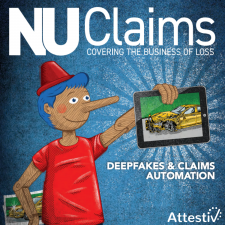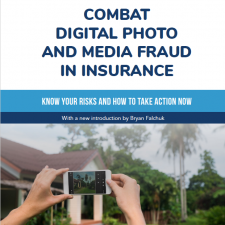Deepfakes have virtually become a staple in news and social media over the past months, infiltrating the political scene. While that is no longer novel, deepfakes are beginning to pop up in other places that are hitting a bit closer to home, particularly in workplaces worldwide.
Perhaps you’ve heard about a Hong Kong executive who fraudulently wired $25M on the basis of a deepfake video purporting to be his boss. It turns out British engineering firm Arup was the victim of this intrinsic scam. A similar scam nearly re-occured recently at exotic car maker, Ferrari, with a Deepfake of the company CEO. Luckily this attempt was foiled by the shrewd would-be victims asking the scammers personal questions for verification. Finally, a Cybersecurity firm recently and unknowingly hired a North Korean cybercriminal that used generative AI deepfake tools to fake his identity. Luckily, his subsequent behavior alerted management to terminate him before any damage could be done.
What’s become clear from these examples is that deepfakes are now a threat for all businesses small and large. Action is needed to counter that threat with AI-based deepfake detection tools and the time is now. If you want to learn more about how businesses can protect themselves against this cyber threat, you’ve come to the right place.






